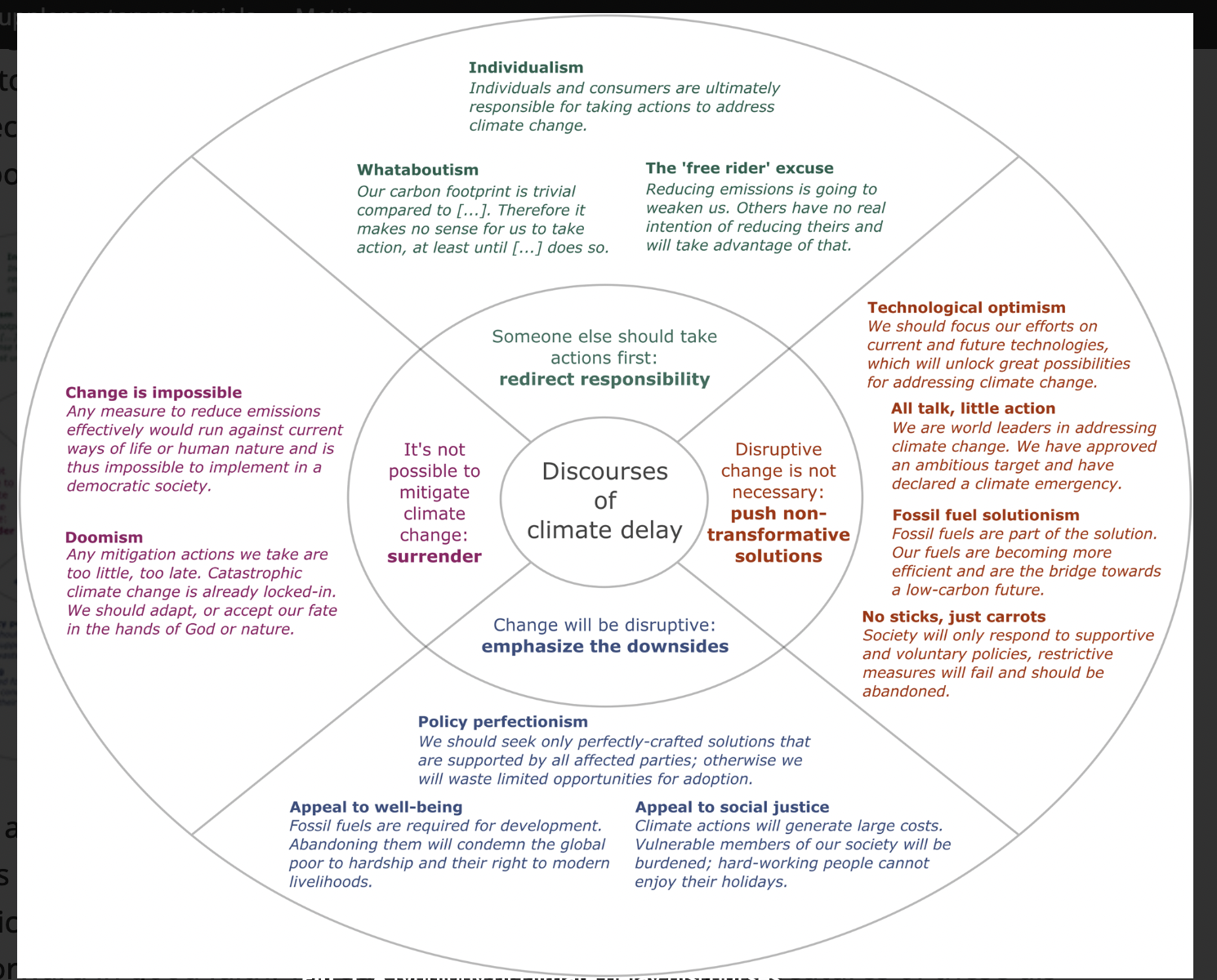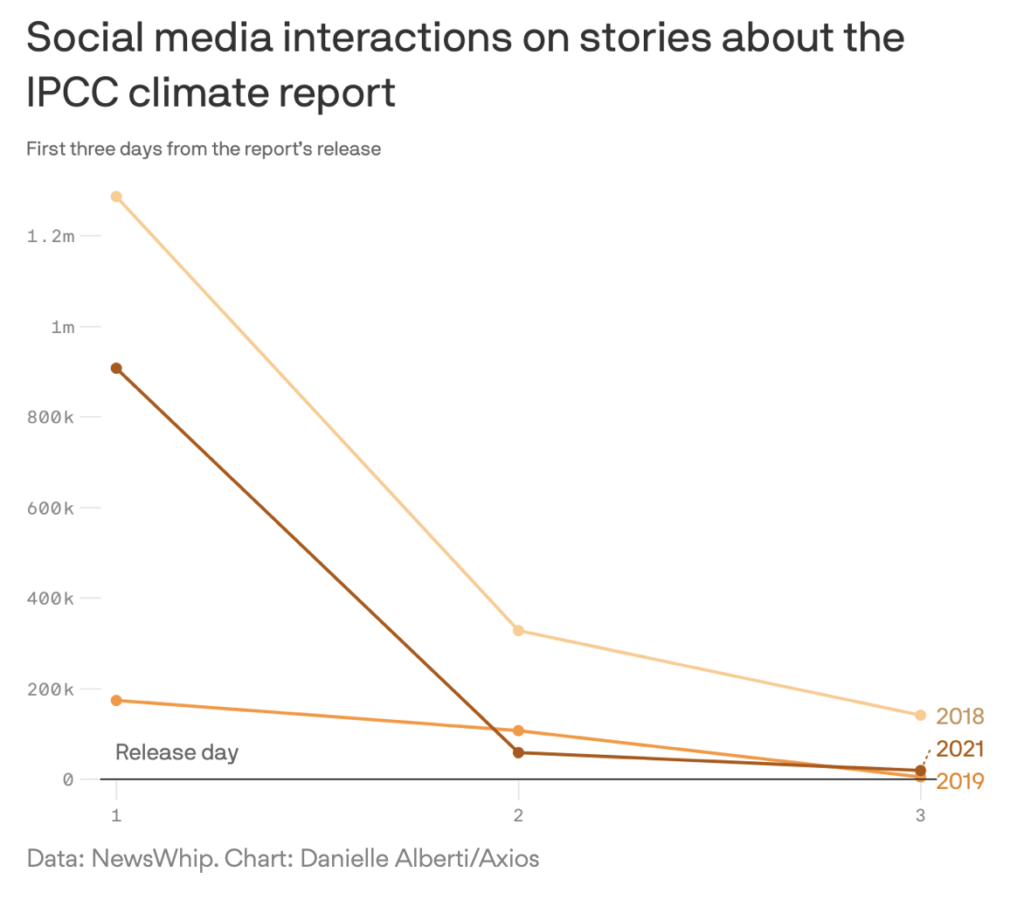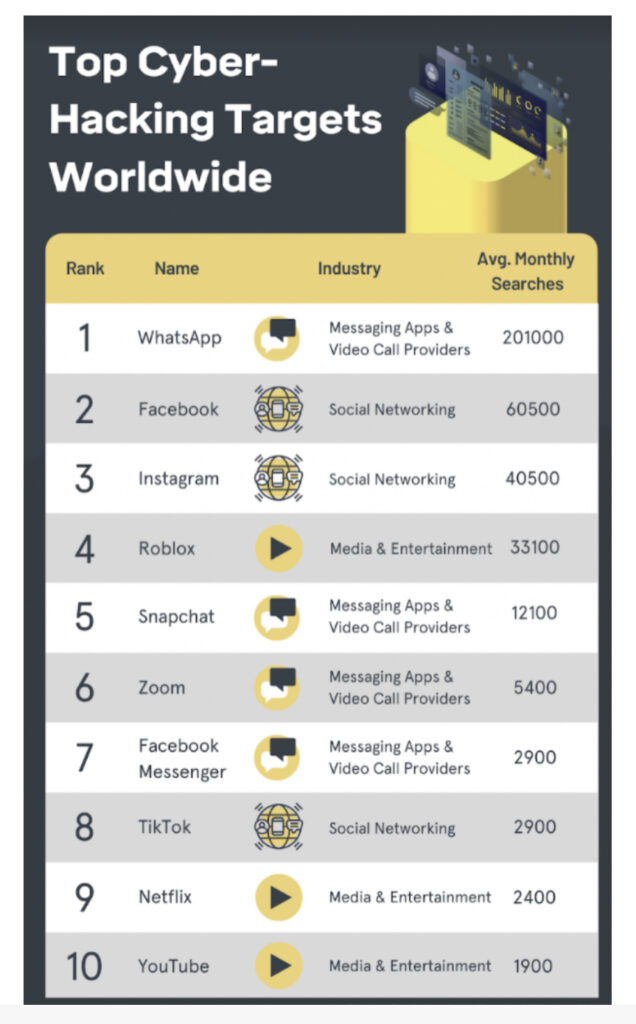Lessons from a fiasco
Here are the ‘lessons’ learned — in a 140-page official report published, coincidentally, this week:
- Strategy: The U.S. government continuously struggled to develop and implement a coherent strategy for what it hoped to achieve.
- Timelines: The U.S. government consistently underestimated the amount of time required to rebuild Afghanistan, and created unrealistic timelines and expectations that prioritized spending quickly. These choices increased corruption and reduced the effectiveness of programs.
- Sustainability: Many of the institutions and infrastructure projects the United States built were not sustainable.
- Personnel: Counterproductive civilian and military personnel policies and practices thwarted the effort.
- Insecurity: Persistent insecurity severely undermined reconstruction efforts.
- Context: The U.S. government did not understand the Afghan context and therefore failed to tailor its efforts accordingly.
- Monitoring and Evaluation: U.S. government agencies rarely conducted sufficient monitoring and evaluation to understand the impact of their efforts.
Further on there are other interesting reflections on the general idea of trying to helicopter flatpack-democracy kits into medieval deserts.
- They are very expensive. For example, all war-related costs for U.S. efforts in Afghanistan, Iraq, and Pakistan over the last two decades are estimated to be $6.4 trillion.
- They usually go poorly.
- Widespread recognition that they go poorly has not prevented U.S. officials from pursuing them.
- Rebuilding countries mired in conflict is actually a continuous U.S. government endeavor, reflected by efforts in the Balkans and Haiti and smaller efforts currently underway in Mali, Burkina Faso, Somalia, Yemen, Ukraine, and elsewhere.
- Large reconstruction campaigns usually start small, so it would not be hard for the U.S. government to slip down this slope again somewhere else and for the outcome to be similar to that of Afghanistan.
Quote of the Day
”Politicians who complain about the media are like ships’ captains who complain about the sea.”
- Enoch Powell
Musical alternative to the morning’s radio news
Ry Cooder & David Lindley | Jesus On The Mainline
I’ve heard Cooder and Lindley sing this many times, but this version is more impromptu than most, and includes audience participation.
Long Read(s) of the Day
The ironies of our love-affair with automobiles
On the one hand, we have reached “peak car” (as Tom Standage puts it), so it looks as though our infatuation with automobiles may be waning. On the other hand MoMa in New York has a new exhibition — “Automania” — based on airlifting nine iconic cars into its sculpture garden and galleries. As a recovering petrolhead, I noted approvingly that it had a VW beetle just like the one I once owned, and the wonderful Citroen DS19 (which I didn’t), but no Jaguar Mk2 (of which I was once a deluded owner). So I guess ICE-propelled cars are on their way to the same status as steam locomotives — objects of mechanical beauty revered only by collectors and those of a nostalgic disposition.
Which is why I suggest reading both pieces today.
People Now Spend More at Amazon Than at Walmart
From the New York Times:
Proof that the online future has arrived: The biggest e-commerce company outside China has unseated America’s biggest brick-and-mortar seller.
Amazon has eclipsed Walmart to become the world’s largest retail seller outside China, according to corporate and industry data, a milestone in the shift from brick-and-mortar to online shopping that has changed how people buy everything from Teddy Grahams to teddy bears.
Propelled in part by surging demand during the pandemic, people spent more than $610 billion on Amazon over the 12 months ending in June, according to Wall Street estimates compiled by the financial research firm FactSet. Walmart on Tuesday posted sales of $566 billion for the 12 months ending in July.
Alibaba, the giant online Chinese retailer, is the world’s top seller. Neither Amazon nor Walmart is a dominant player in China.
In racing past Walmart, Amazon has dethroned one of the most successful — and feared — companies of recent decades. Walmart perfected a thriving big-box model of retailing that squeezed every possible penny out of its costs, which drove down prices and vanquished competitors.
It’s a significant moment. And further evidence that convenience trumps everything, often including price.
Benedict Cumberbatch reads a letter from Kurt Vonnegut to the people of 2088
Unmissable. Vonnegut was wiser than most of his contemporaries, and indeed than most of us now. Six and a half minutes. And worth it.
This blog is also available as a daily newsletter. If you think this might suit you better why not sign up? One email a day, Monday through Friday, delivered to your inbox at 7am UK time. It’s free, and there’s a one-button unsubscribe if you conclude that your inbox is full enough already!











